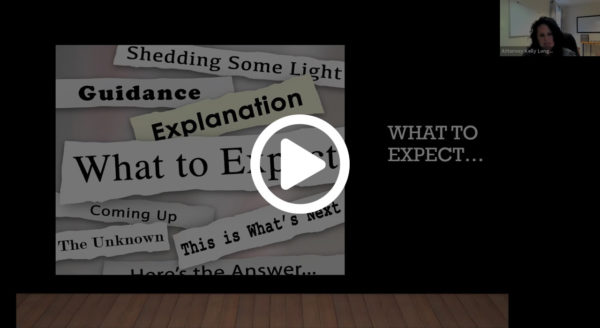Estate planning attorneys help you avoid the following common mistakes in online documents that could make them unenforceable, require a court to interpret them, or lead to fighting among your loved ones:
- Ambiguity in wording. Ambiguity can lead to disputes and legal battles among potential heirs. Example: a will stating “I leave my property to my children” without specifying which children by name
- Improper use of legal terms.Misusing legal terms like property, beneficiary, or per stirpes can lead to confusion or incorrect interpretation of your intent.
- Incorrect names or identities. Misspelling the full name of a beneficiary or heir or using a previous name after a legal name change makes it challenging to identify the intended recipient.
- Inconsistent terminology.Using different terms to refer to the same asset (e.g., house, residence, property) may create confusion about what is being inherited.
- Improper witnessing and notarization.Failing to properly witness or notarize a will and other legal documents according to state laws can render them invalid and unenforceable.
- Lack of clarity in distribution.Vague instructions regarding who will receive your accounts and property or how they will receive them, such as “divide my estate fairly among my children,” may cause disputes if there is no clear definition of terms like fairly.
- Failure to address contingencies.Not accounting for contingencies, such as what to do if a beneficiary predeceases you, can leave money and property without designated recipients, subjecting it to your state law.
- Inadequate powers of attorney.Failing to grant adequate powers of attorney, such as financial or medical decision-making authority, creates complications in managing affairs during incapacity and with advance directives at the end of your life. This could require your loved ones to get a court involved, which is what the powers of attorney were meant to avoid.
- Conflicting instructions.Providing contradictory instructions within a single document or across several documents leads to uncertainty about your intentions.
There are many considerations and potential scenarios that should be included in your estate plan. Online legal programs cannot adequately address unique situations or additional estate planning details, exposing you to unnecessary risks.
Experienced estate planning attorneys play a vital role in designing and reviewing state-specific forms that address your family’s needs as well as ensuring that your wishes are met while preventing disputes in the estate administration process.
If you are ready to create a legally enforceable, customized estate plan, give our office a call to schedule an appointment.

